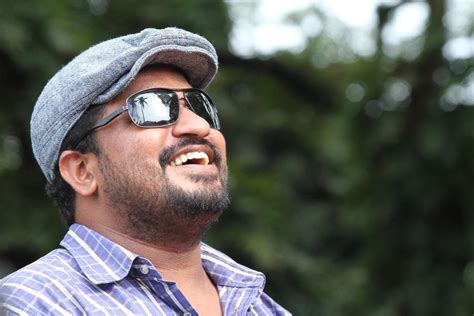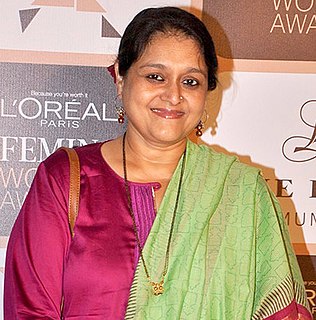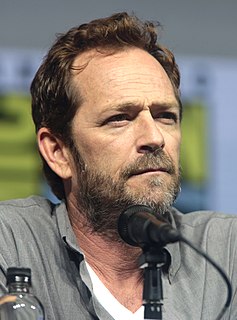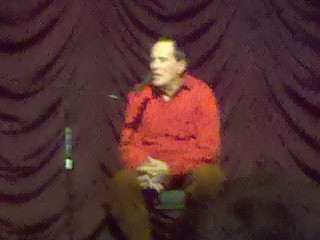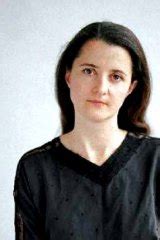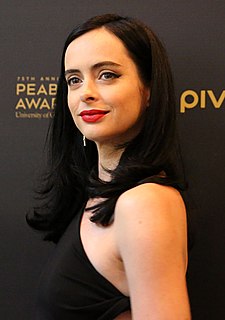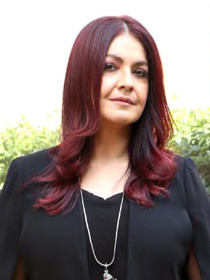A Quote by Dileesh Pothan
Cinema felt like a fantasy. It was like watching dreams unfold on the screen before me.
Related Quotes
I think it's basically quite different from dreams. If only cinema was that easy. Because dreams, all you have to do is fall asleep, and you can have fantastic vision. I know Baudelaire and people like that enhance their dreams with opium or something. But films are very constructed - they're like architecture. They're pieced together, glued together. To me, it's a craft. It's like making a tapestry.
For me, as a film goer, I like nothing more than to sit in the cinema, have the lights go down and not know what I'm about to see or unfold on-screen. Every time we go to make a film, we do everything we can to try to systematise things so we're able to make the film in private, so that when it's finished it's up to the audience to make of it what they will.
After 'Jessica Jones' came out, I started hearing firsthand from a lot of women who were so inspired by the character, who felt represented, who felt like watching Jessica on screen helped them in their own lives. Women are devouring content like that because everybody is complicated; not everybody is one thing.
